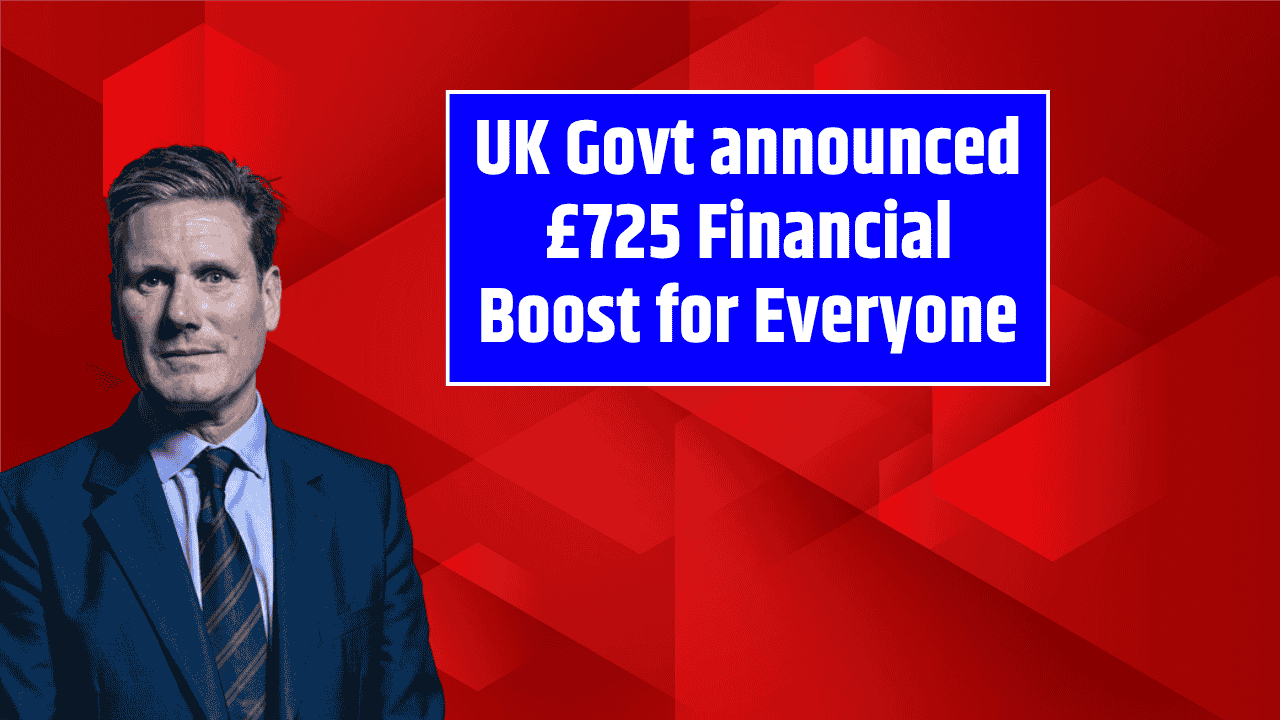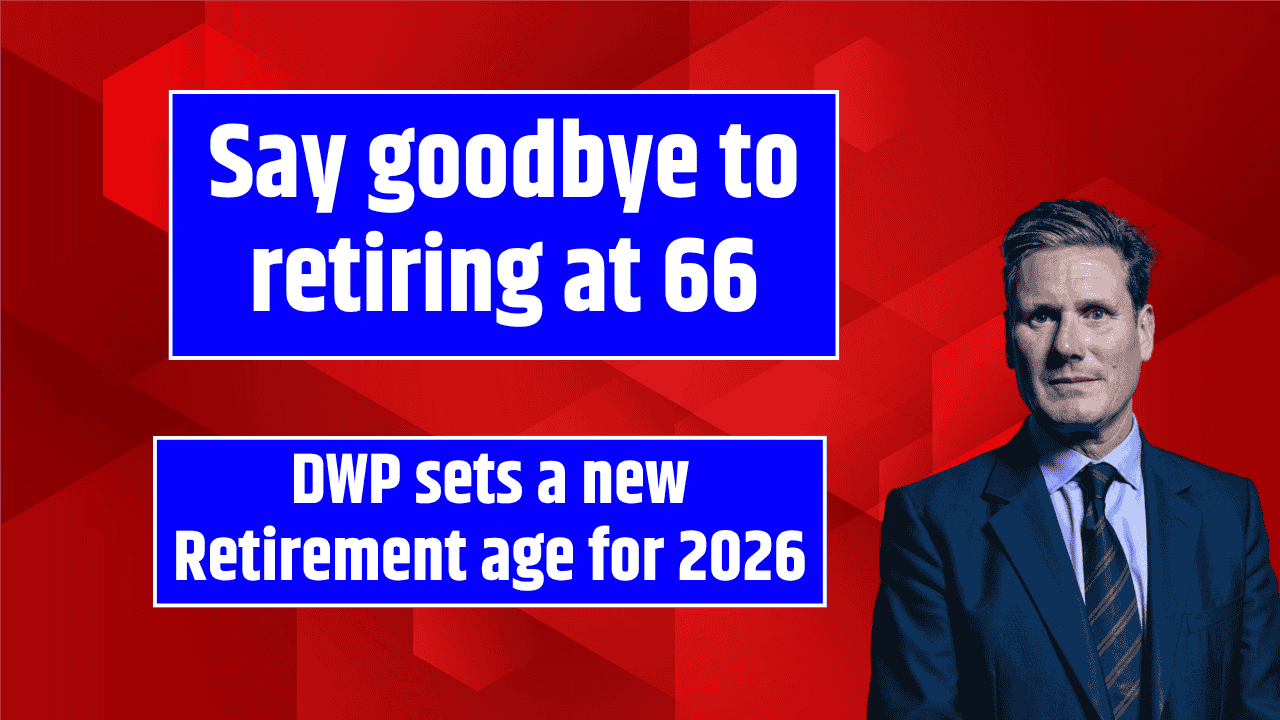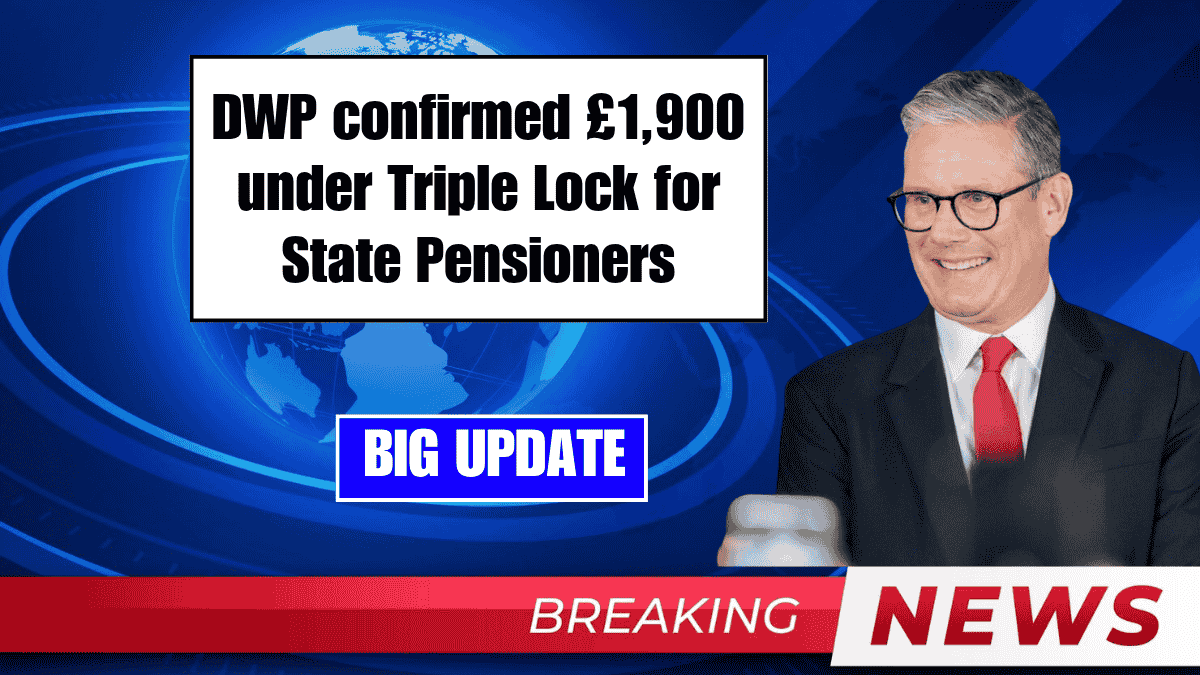UK Govt announced £725 Financial Boost for Everyone: The Universal Credit and Personal Independence Payment (PIP) Bill is designed to provide additional financial security and support to those who rely on welfare benefits in the UK. With a specific focus on individuals affected by changes to the PIP daily living component, this bill ensures that existing claimants will receive an extra 13 weeks of protection.
This support will give them time to adapt to changes, access tailored employment support, and plan for their future once they are reassessed and their entitlement ends.
13 Weeks of Extra Protection for Claimants
The 13-week protection period is part of a larger effort to make the social security system more supportive. This period is more generous than the protection offered during the transition from Disability Living Allowance (DLA) to PIP.
The government hopes this will help claimants navigate these changes without facing sudden financial hardship.
Why is the Welfare System Changing?
The UK government inherited a social security system that was struggling with rising costs and millions of people unable to find work. The pandemic has played a role in increasing the number of people claiming PIP, especially for conditions like anxiety and depression.
Before the pandemic, only 2,500 people a month were awarded PIP for mental health conditions; by 2023, this number had increased to 8,200.
With the current system spending £20 billion more than before the pandemic, the government has decided that reform is necessary. Without changes, the number of people on disability benefits is expected to more than double by the end of this decade, reaching over 4 million people.
Key Features of the Bill
- Transition Support: The new bill introduces a 13-week transition period for claimants impacted by changes to PIP. This support is meant to give claimants enough time to adjust and seek new opportunities for employment and personal development.
- Protection for Severe Conditions Criteria Group: Around 200,000 individuals with the most severe, permanent disabilities will be exempt from reassessment for Universal Credit (UC). They will also receive the higher UC health top-up, ensuring they can live with dignity and security.
- Employment Support Package: The bill also includes a £1 billion package for employment support aimed at helping people with health conditions find work. This is a significant increase from previous years, as the government strives to help more individuals return to work, reducing dependency on benefits.
- Income Boost: Nearly 4 million households will see an increase in their Universal Credit payments. The government has committed to increasing the main rate of UC above inflation for the next four years, helping people cope with the rising cost of living.
- Right to Try Guarantee: A new guarantee will ensure that trying out work will not trigger a reassessment or review of PIP or UC claims, encouraging more individuals to explore job opportunities without fear of losing their benefits.
- Rebalancing Universal Credit: Starting in 2026, there will be a reduction in the health element for new UC claims, aiming to fix a system that currently encourages sickness benefits by offering higher payments to claimants with health issues. This change is part of a broader effort to encourage more people to enter the workforce.
Long-Term Goals of the Bill
The reforms included in the bill are not just about reducing costs, but also about creating a more sustainable system that supports both those who can work and those who cannot. With a focus on employment support, the government aims to boost the economy and ensure that everyone, including the severely disabled, is supported.
Additionally, the bill is part of the larger “Plan for Change,” which includes a strategy to improve job opportunities and education for young people. This is aimed at achieving an 80% employment rate, ensuring that everyone who can work has the opportunity to do so.
The Universal Credit and Personal Independence Payment Bill represents a major step in reforming the UK’s welfare system. It balances financial support for those unable to work with opportunities for individuals who can work but face barriers due to health conditions.
The 13-week protection period, along with a £1 billion employment support package, will help claimants adjust to the changes. By making these reforms, the government hopes to ensure that the welfare system remains both sustainable and compassionate.
FAQ Section:
Q: What is the Universal Credit and Personal Independence Payment Bill?
A: The bill introduces new welfare reforms to provide additional financial protection to claimants, including a 13-week support period for those affected by changes to PIP and Universal Credit.
Q: Who will be affected by the changes to PIP?
A: People receiving the PIP daily living component, particularly those losing eligibility for Carers Allowance and the carer’s element of Universal Credit, will be affected.
Q: What support will the government provide to those affected?
A: Claimants will receive 13 weeks of additional financial protection, along with access to tailored employment support and assistance in planning for their future once their entitlement ends.
Q: Will the new bill help those with severe conditions?
A: Yes, around 200,000 people with the most severe and permanent disabilities will not be reassessed for Universal Credit and will receive the higher UC health top-up.
Q: How will the Universal Credit rates change?
A: The main rate of Universal Credit will increase above inflation for the next four years, helping households cope with rising costs.









